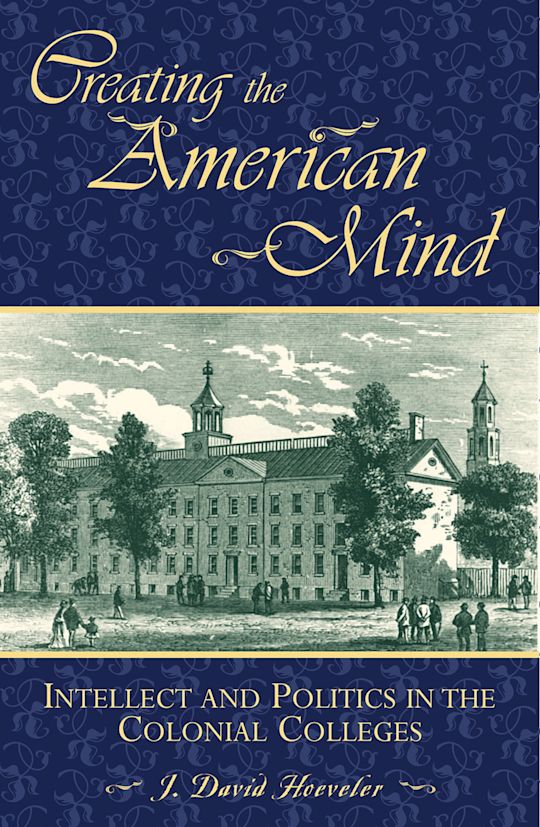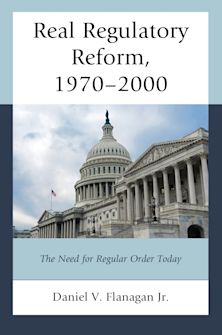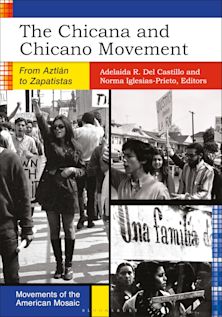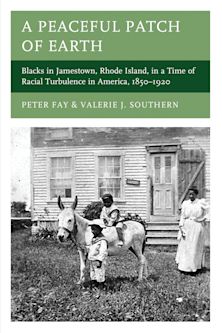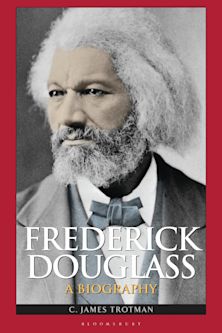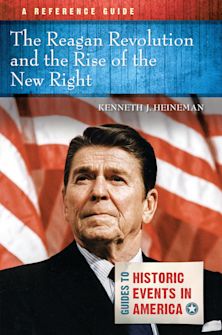- Home
- ACADEMIC
- History
- United States History
- Creating the American Mind
Creating the American Mind
Intellect and Politics in the Colonial Colleges
Creating the American Mind
Intellect and Politics in the Colonial Colleges
- Delivery and returns info
-
Free CA delivery on orders $40 or over
You must sign in to add this item to your wishlist. Please sign in or create an account
Description
The nine colleges of colonial America confronted the major political currents of the seventeenth and eighteenth centuries, while serving as the primary intellectual institutions for Puritanism and the transition to Enlightenment thought. The colleges also confronted the most partisan and divisive cultural movement of the eighteenth century—the Great Awakening.
Creating the American Mind is the first book to present a synthetic treatment of the colonial colleges, tracing their role in the intellectual development of early Americans through the Revolution. Distinguished historian J. David Hoeveler focuses on Harvard, William and Mary, Yale, the College of New Jersey (Princeton), King's College (Columbia), the College of Philadelphia (University of Pennsylvania), Queen's College (Rutgers), the College of Rhode Island (Brown), and Dartmouth. Hoeveler pays special attention to the collegiate experience of prominent Americans, including Jefferson, Hamilton, and Madison.
Written in clear and engaging prose, Creating the American Mind will be of great value to historians and educators interested in rediscovering the institutions that first fostered American intellectual thought.
Table of Contents
Chapter 1: Oxford and Cambridge
Chapter 2: Harvard I: School of the Puritans
Chapter 3: Yale: Precarious Orthodoxy
Chapter 4: William and Mary: Beleaguered Anglicanism
Chapter 5: The College of New Jersey: The Dangerous Middle
Chapter 6: King's College: Battle for New York
Chapter 7: The College of Philadelphia: The Perils of Neutrality
Chapter 8: Three from the Awakening: Rhode Island College, Queen's College, Dartmouth College
Chapter 9: Harvard II: A Liberal Turn
Part II: Politics, Revolution, and Intellectual Culture
Chapter 10: The Colleges and the Revolution: New England
Chapter 11: The Colleges and the Revolution: South and Middle
Postscript
Product details
| Published | Apr 09 2007 |
|---|---|
| Format | Paperback |
| Edition | 1st |
| Extent | 400 |
| ISBN | 9780742548398 |
| Imprint | Rowman & Littlefield Publishers |
| Dimensions | 228 x 154 mm |
| Series | American Intellectual Culture |
| Publisher | Bloomsbury Publishing |
About the contributors
Reviews
-
[Hoeveler's] book is highly readable and well researched and will be a useful addition to most academic libraries.
Library Journal
-
An informative, erudite commentary on the role and significance of nine major colleges in Colonial North America. Hoeveler's marvelous narrative and intellectual depth reflect brilliant handling of the material. Highly recommended.
Choice Reviews
-
This is the first synthetic account that we have of the colonial colleges in the eighteenth century. Hoeveler shows that from their inception, institutions of higher learning in America were creatures of politics, and he demonstrates that religious commitments did not preclude significant contributions in British North America.
Bruce Kuklick, University of Pennsylvania
-
Creating the American Mind is an engaging 150-year journey across the institutional, intellectual, and political history of higher education in the American colonies. Adeptly situating each colonial college in its social context, J. David Hoeveler depicts unabashed academic politicization, intense religious strife, and conflicting regional interests. By combining biography with textual analysis, he demonstrates how patriotic fervor emerged from particularistic concerns, and how campus ferment spawned political and cultural revolution. Readers will enjoy Hoeveler's graceful writing, admire his breadth of knowledge, and appreciate his judicious conclusions.
Harold Wechsler, University of Rochester
-
This book is a must study for those interested in not only the basic history of the founding of the early colleges in colonial America, but in how the ideas cultivated at these colleges gave birth to, and nurtured, that often fractious but always purposeful American 'mind.'
History of Education Quarterly
-
Solidly and clearly researched. Its treatment of the nine colonial colleges is authoritative for the individual institutions and Hoeveler weaves the separate stories together quite nicely into a larger narrative.
Mark Noll, Wheaton College









